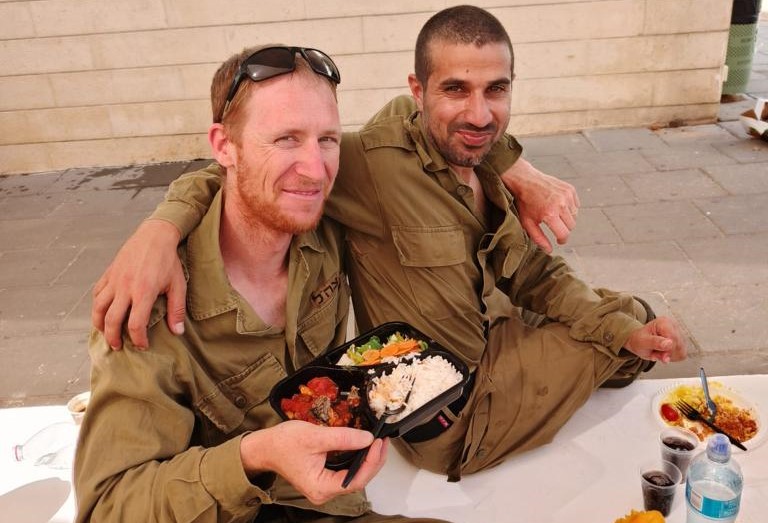In times of confusion and unconscionable violence, we seek answers that can free us from the mental prisons into which such human atrocities lead us. How to deal with the unconscionable horror of Hamas’s attack on Israel? How and in what contexts to understand the acts of violence on both sides? The article “The Compass of Mourning”, written by philosopher and professor Judith Butler on the occasion of the recent Hamas attacks on Israel, proposes a way out, a liberation that opens the way to modify from the position of nonviolence any act that attacks humanity, the sides and the relativistic representations that the current power structures represent.
I would like to focus briefly on five of the points that the thinker makes in her account:
- Nonviolence as a solution to all conflict.
- The sides
- Appeals to the relativised vision of the media
- Colonialism is a vision of domination between peoples.
- Non-perpetuation of current power structures
Nonviolence as a solution to all conflict
The author proposes nonviolence as a solution to all human conflict and as the politics of a liveable world. “Hamas has given an appalling and terrifying answer … but there are many other ways to respond.
“If Hamas were disbanded or replaced by nonviolent groups that aspire to coexistence, we could participate in the struggle for a free Palestine.”
“I argue that liberation struggles that practice nonviolence help create the nonviolent world we all wish to live in.”
The sides
Linked to her aspirations for nonviolent politics and to extend the look beyond relativistic situations, Butler will be proposing in various fragments not to position herself on one side or the other. The specific situation, the historical evolution, the sensationalist vision of the media and the support of countries and ideologies for one or the other fall into the error of positioning oneself in favour of one to the detriment of the other. Beyond that, there should be empathy for every human being.
“What would we have to say and do, however, if our morality and our politics did not stop at the act of condemnation? What if we were to continue, despite everything, to ask ourselves what forms of life could free the region from such violence? What if, in addition to condemning gratuitous crimes, we wanted to create a future in which this kind of violence no longer occurs? It is a normative aspiration that goes far beyond momentary condemnation.”
“Perhaps the expanded boundaries of mourning can contribute to a substantive ideal of equality, one that recognises the equal mourning of all lives, and leads us to protest why those lives should not have been lost, that they deserved to live again and be recognised, in equal measure as lives.”
Appeal to the relativised view of the media
The current media framework does not allow for a debate where a historical situation of the conflict is presented, thus showing relative representations and sensationalist images of fragments of any fact that result in the formation of a public opinion tailored to the media.
“One of the reasons for these despairs (referring to the despairs of people who look at the carnage in the media) is precisely that they look at the media and live in the sensational and immediate world of absolute moral indignation.
“Today’s media, for the most part, do not explain the horrors that Palestinians have been living through for decades, the bombings, the killings, the attacks and the arbitrary arrests.”
Colonialism as a vision of domination between peoples
The situation once again highlights the history of colonial violence. The racist framework between the so-called “civilised” and the so-called “animals”, between colonisers and colonised. The Palestinian people’s desire for liberation and self-determination to free themselves from Israel’s colonial rule and its military violence is reduced.
“We cannot even raise the debate about whether the military oppression of the region is colonialism or racial apartheid.
Non-perpetuation of current power structures
The desire to live in freedom and nonviolence is understood as a possibility that opposes the normalisation of colonial rule and therefore of current structures, in order to imagine that they cannot be perpetuated indefinitely.
“Some of us have to cling fiercely to this hope and refuse to believe that the structures that exist today will exist forever. That is why we need our poets, dreamers, indomitable madmen, all those who know how to mobilise”.










